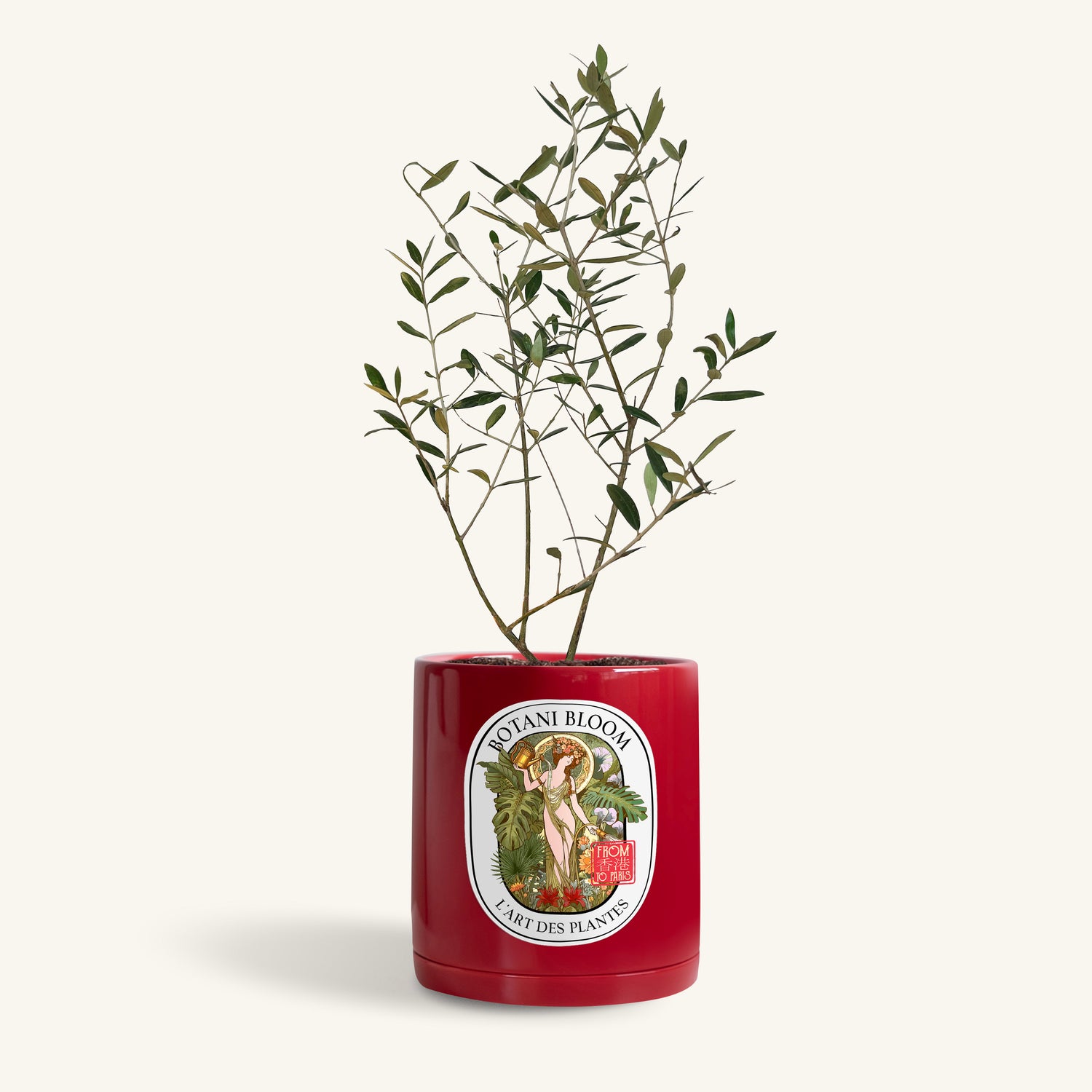Chinese New Year: Traditions, Symbolism, and the Timeless Charm of Gifting Plants
Chinese New Year (CNY), also known as the Spring Festival, is the most significant celebration in Chinese culture. It marks the start of the lunar calendar and is a time to honor tradition, embrace renewal, and gather with loved ones.
This blog explores the history and customs of CNY, the symbolism behind its traditions, and how gifting plants has become a cherished part of this festive season.
A Brief History of Chinese New Year
The origins of Chinese New Year date back thousands of years and are rooted in myth and folklore. According to legend, the festival began with the defeat of a mythical beast called "Nian," which would terrorize villages at the start of the year. To ward off the creature, villagers used firecrackers, red decorations, and bright lights, traditions that remain a hallmark of the celebration today.
CNY is deeply tied to the lunar calendar, with the date changing each year based on the moon's cycles. It typically falls between January 21 and February 20. The festival spans 15 days, culminating in the Lantern Festival, which symbolizes unity and peace.
The Year of the Animal: Chinese Zodiac

Each Chinese New Year is associated with one of the 12 animals in the Chinese zodiac, cycling every 12 years. These animals : Rat, Ox, Tiger, Rabbit, Dragon, Snake, Horse, Goat, Monkey, Rooster, Dog, and Pig represent different personality traits and fortunes.
For example, 2025 marks the Year of the Snake, a sign symbolizing wisdom, elegance, and introspection. People born in the Year of the Snake are believed to be intuitive and graceful but also mysterious.
Symbolism and Traditions of Chinese New Year
CNY is rich in symbolism, with every tradition carrying profound meaning:
-
Red Decorations: Red is the color of joy, prosperity, and protection. Homes and streets are adorned with red lanterns, couplets, and paper cuttings.
-
Firecrackers and Lion Dances: These lively elements are meant to drive away evil spirits and bring good fortune.
-
Family Reunions: The New Year's Eve dinner is a pivotal moment, where families gather to enjoy a feast and welcome the new year together.
- Lucky Foods : During this time, many families indulge in luxurious foods, including sea cucumbers, abalone, and bird's nest soup. These ingredients are considered symbols of wealth and prosperity, reflecting the hope for a bountiful year ahead.
Certain dishes are eaten for their symbolic meanings, such as:
-Dumplings: Resembling gold ingots, they symbolize wealth and prosperity.
-Fish: Representing abundance, as the Chinese word for fish (鱼, yú) sounds like "surplus."
-Noodles: Long noodles signify longevity, representing the wish for a long life.
-Sweet Rice Balls (Tangyuan): Symbolizing family unity and togetherness, often eaten during the Lantern Festival.
-Punchoi: A traditional Cantonese dish, Punchoi is a layered feast served in a large basin, featuring various ingredients like meat, seafood, and vegetables. It symbolizes abundance and is often shared among family members, reflecting unity and harmony during the celebrations.

The Tradition of Gifting During Chinese New Year

Gift-giving is an integral part of Chinese New Year, symbolizing goodwill and strengthening relationships. Traditional gifts include:
-
Red Envelopes (Hongbao): Filled with money, these are given to children and unmarried adults to bring luck and prosperity.
- Fruit Baskets: Oranges and tangerines, with their bright, golden hues, represent wealth and good fortune.
- Plants : In recent years, gifting plants has become a meaningful way to celebrate Chinese New Year. Plants are seen as symbols of life, growth, and renewal, values deeply aligned with the essence of the festival.
Plants Gifts: A Growing Tradition
Popular Plants for CNY:
- Orchids: Represent elegance, fertility, and abundance.
- Lucky Bamboo: Symbolizes resilience and prosperity, often arranged in specific numbers for added significance.
- Money Trees: Associated with wealth and financial success, believed to bring good fortune to the home.
- Mandarin Trees: Their vibrant fruits signify luck and happiness.
- Azalea Bonsai: Celebrated for their vibrant blooms, they embody harmony and good fortune.
Benefits of Gifting Plants
- Symbolic Meaning: Plants bring good fortune and positive energy to homes and workplaces.
- Longevity: Unlike consumable gifts, plants continue to grow and flourish, serving as a lasting reminder of your thoughtfulness.
- Eco-Friendly Elegance: A plant is a sustainable choice that aligns with values of harmony and renewal.
Offering Plants as a Thoughtful Gift
At Botani Bloom, we embrace this tradition with our exclusive CNY Collection, which includes thoughtfully curated plants such as Azalea Bonsai and Orchids. These are adorned with elegant Chinese-inspired decorations and come in sizes perfect for gifting or personal display.





